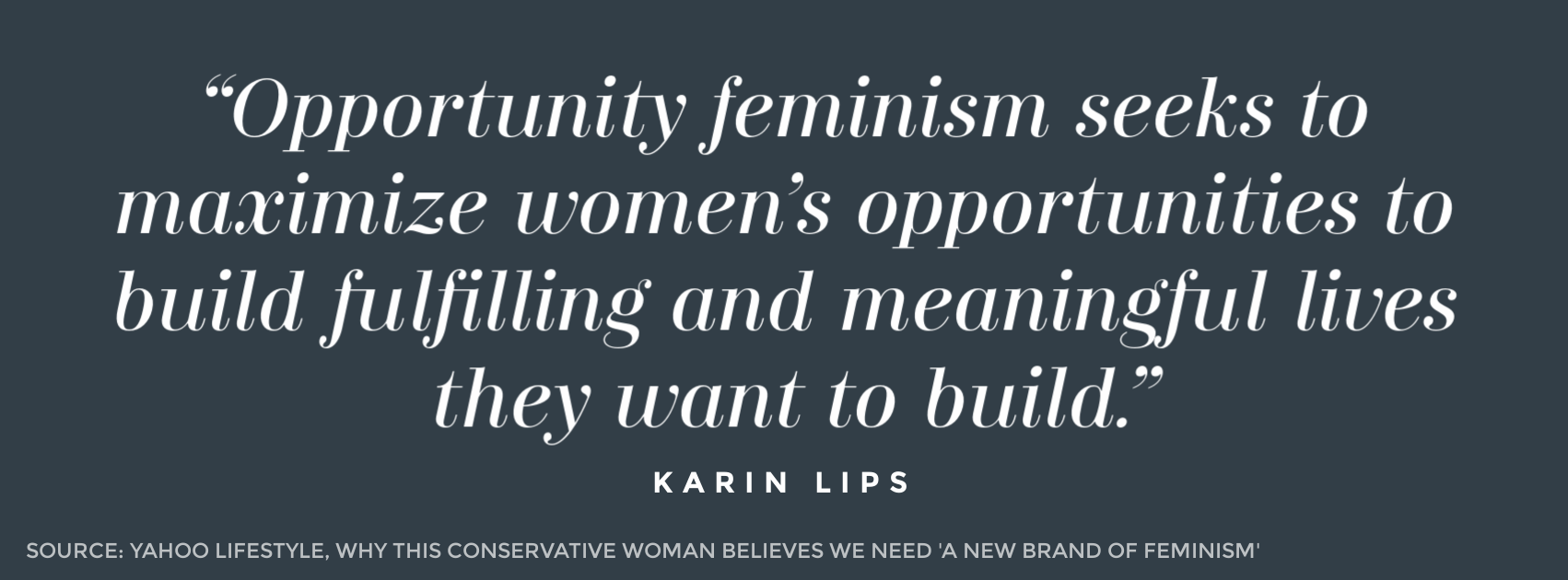On Equal Pay Day, celebrate the trade-offs women can make
President Joe Biden has declared March 14 as Equal Pay Day. This is the day that supposedly marks when women have earned enough to make up for the last year’s wage gap.
This “holiday” is promoted by feminists as a justification for more action when it comes to women and the workplace. In his proclamation for the day, the president said , “I call upon all Americans to recognize the full value of women’s skills and their significant contributions to the labor force, acknowledge the injustice of wage inequality, and join efforts to achieve equal pay.”
According to the Current Population Survey conducted by the U.S. Census Bureau and the U.S. Bureau of Labor Statistics, the median earnings of full-time workers in 2021 differed between men and women. The earnings of women were $51,226, while men’s earnings were $61,180, so the female-to-male earnings ratio was 0.84. Proponents of the wage gap use this statistic to argue that women only make 84 cents for every dollar a man makes.
This statistic doesn’t take into account important labor choices, such as hours worked, fields of work, and commute times. Sometimes workers’ preferences change; for example, some mothers choose to cut back hours once they have small children.
What has the president done to address equal pay? He cites increasing funding for child care providers, raising the minimum wage, and fighting for workers to join labor unions. He is focused on getting more women in the traditional 9-to-5 workplace. But one approach he could use to help women is not to limit the measurement of success for all people to how much money they make in full-time jobs.
This 84 cents statistic measures equality in the workplace purely by how much money women make compared to men. Flexibility matters to many employees, and not all employees focus on maximizing earnings. The 2022 Women in the Workplace report published by Lean In and McKinsey & Company that studied women in corporate America found that women leaders left their companies at the highest rate in years in 2022 . Many cited a lack of flexibility as the reason; 49% of female leaders reported that flexibility is one of the top three things they consider when deciding to join or stay with a company, more than the 34% of male leaders who reported the same.
Women and all Americans are best served when they have options on how they set up their work. Full-time work is not what everyone wants. Many people would, and do, trade pay for flexibility. On Equal Pay Day, let’s celebrate the flexibility that many workers find so valuable.
Karin Lips ( @klips ) is a contributor to the Washington Examiner’s Beltway Confidential blog. She is the founder and president of the Network of enlightened Women, as well as a senior fellow with the Independent Women’s Forum.
This article was originally published by the Washington Examiner.


